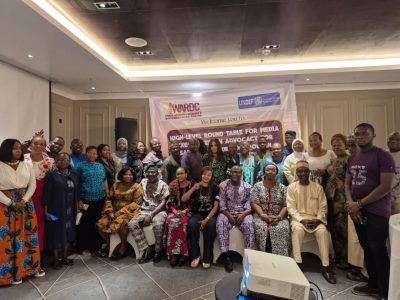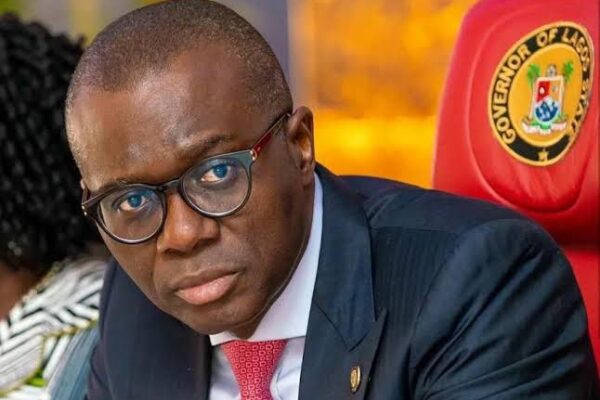
NEPZA, Dangote Refinery and Stakeholders Pledge Compliance with Presidential Directive on Crude Sales in Naira
The Nigeria Export Processing Zones Authority (NEPZA), the One-Stop-Shop Committee on the Sale of Crude in Naira, and Dangote Refinery & Petrochemicals Free Zone Enterprises have jointly committed to implementing the presidential directive aimed at reducing domestic petroleum product prices by eliminating dollar-based crude sales in local transactions. According to The Bureau Newspaper, the resolution was reached during a courtesy visit by members of the committee to NEPZA’s Managing Director, Dr. Olufemi Ogunyemi, in Abuja. All parties agreed to align operations with the directive, which is intended to strengthen energy security and stimulate economic growth. Dr. Ogunyemi expressed NEPZA’s full support for the policy, emphasizing the Authority’s supervisory role in the Dangote Refinery project from inception to commissioning. He noted that the refinery, operating under the Free Trade Zone Scheme, has received 480 vessels to date and has commenced full-scale production of petrol, diesel, aviation fuel, and other petroleum products for domestic and export markets. “The sale of crude in naira will eliminate the local currency’s vulnerability to dollar fluctuations,” Ogunyemi stated, describing the refinery as a “shining star” in advancing the new energy policy. Ms. Maureen Ogbonna, the committee’s coordinator, described the initiative as a strategic intervention by President Bola Tinubu to reposition Nigeria’s economy. “It is only a matter of time before we move fully away from billing domestic crude in dollars,” she said, adding that the policy is already producing results due to strong political will and stakeholder collaboration. Also speaking, Mr. Akinsanya Mobolarin, General Manager of Engineering and Strategic Services at Dangote Refinery, reiterated the company’s commitment to supporting national development. “The policy, when fully implemented, will drive substantial growth in Nigeria’s energy and industrial sectors,” he said. All stakeholders pledged to maintain synergy in executing the directive and achieving sustainable energy affordability for Nigerians.



